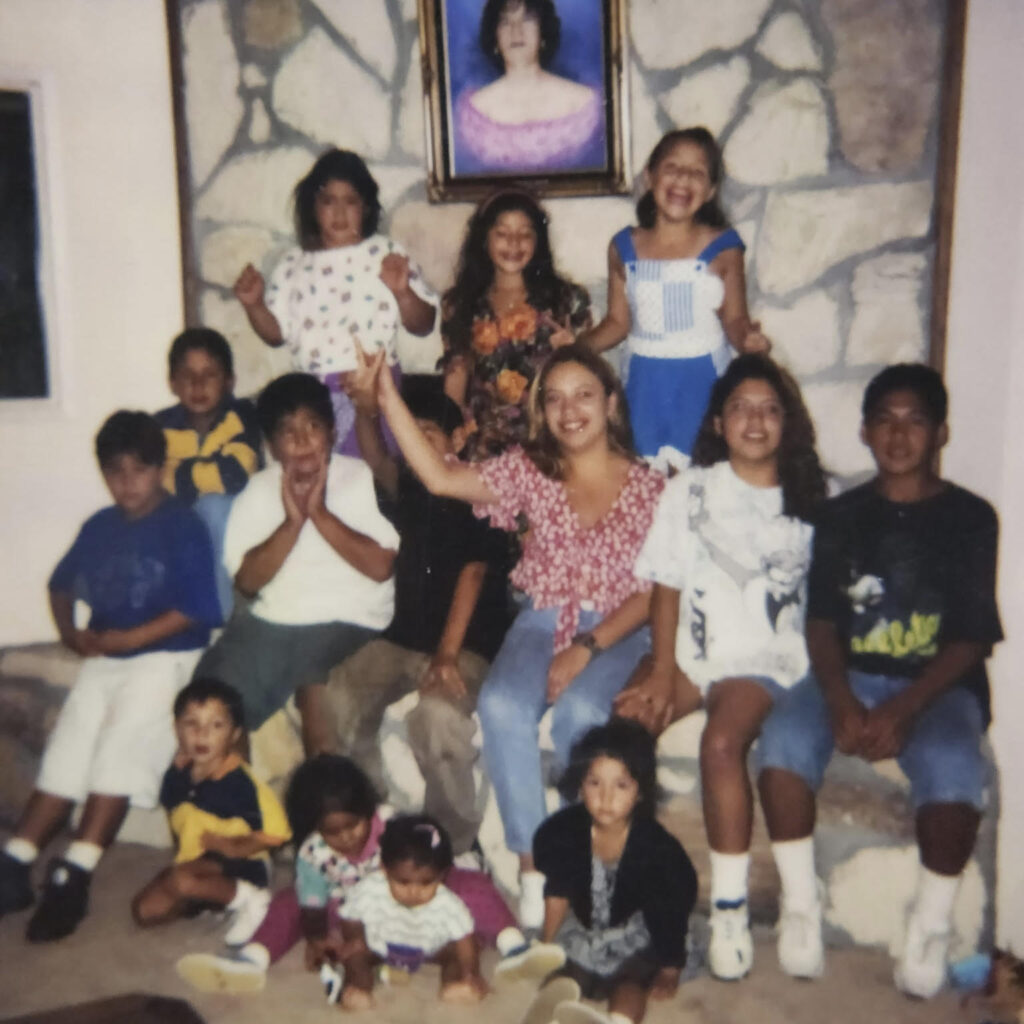By Liza M. Davis, Esq., Advocacy Director for Children in Immigrant Families at The Children’s Partnership
What if one of the only safe places your family trusted for you as a child—your school, library or neighborhood park—suddenly became a place of risk and fear? For many immigrant families in California today, this is the new reality.
I grew up in the South Bay community of Los Angeles, in the neighborhoods of Lennox and Hawthorne—diverse, working-class places where many families, like mine, were newly arrived immigrants. I attended elementary school in the Lennox School District, surrounded by kids whose families looked like mine, spoke the same languages, and shared the same dreams of building something better. It wasn’t just a place to learn reading and math—school was the only space outside my home where I was cared for.

As an immigrant child whose parents worked long hours to keep our family afloat, school offered me more than lessons; it gave me belonging, stability, and the chance to focus on myself and my own growth. I am lucky. I have a big, fat Guatemalan family that helped raise me in a tight, safe and nurturing environment. School was an extension of that. When all of the adults in my life had to be out on that immigrant grind, school kept me company.
Back then, I didn’t worry that immigration agents would show up at school. My parents—despite all the caution that comes from being new to this country—largely trusted school as a safe space where they could leave me without fear. While that trust took time to grow, it was precious to me because as a child who had to learn responsibility early—helping at home, looking after family—school gave me freedom and the chance to imagine who I could become.
Today, that sense of safety is no longer guaranteed. Across California and the country, fear of immigration enforcement has crept into the very places where children should feel safest: schools, early learning and child care centers, health clinics, libraries, parks, after-school programs and places of worship.
When these spaces are not explicitly protected, families hesitate to enroll in early education programs, they skip doctor visits, avoid public parks, or keep their children home from school—all because they fear that they, or their children, will be kidnapped and put in danger. Immigrants are woven deep into the fabric of our state, and kidnapping our neighbors and ripping families apart hurts all of us.
That’s why safe-space policies like the federal Protecting Sensitive Locations Act (H.R. 1061/S. 455) are so urgent. This bill would codify protections for essential community spaces—ensuring that no child or family has to fear immigration action when accessing the places that support their health, learning and development. California leaders are also considering measures to strengthen protections for sensitive locations at the state level, recognizing that safe, trusted spaces are essential for all children to grow and thrive.
Similarly, over the next few months, via a process known as budget reconciliation, the Trump administration is seeking more money for immigration enforcement from Congress by recommending budget cuts to critical programs like Medicaid. If the administration is able to secure more money, those added resources could further expand the reach of their immigration agenda over the next months and years. It is well established that hostile immigration policies have a serious impact on the health and mental health of children and their families. Policy changes are threatening the well-being of children and families on many fronts.
When we safeguard community spaces and programs, we safeguard childhood itself.
What You Can Do:
➡️ Take Action Now to Protect Medicaid. Learn about the importance of Medi-Cal for children and schools and what’s currently at stake through budget reconciliation; it’s important that we stay informed and get involved: www.tinyurl.com/ProtectKidsHealth.
➡️ Adopt Safe-Space Policies. Early learning centers, schools and expanded learning programs should learn about their rights and responsibilities to create safe spaces for all children. For more information go to allinforsafeschools.org.
➡️ Contact your members of Congress and urge them to support the Protecting Sensitive Locations Act (H.R. 1061/S. 455). Only 20 of our 52 California representatives in the U.S. House have signed on. Both of our state senators co-sponsored this bill.
➡️ Support state-level efforts to protect sensitive locations in California. Learn more here.
➡️ Speak out in your community, at your school board and at your city council to ensure immigrant families feel safe using the services their children need to thrive.
➡️ Join or create a mutual aid network in your community, program or school. In challenging times, mutual aid is one way that communities can come together to support one another when the government can’t or won’t. Learn how to create a mutual aid network. Every child deserves a place to learn, play and dream—without fear.
Related
